STEEL GRADE
YGS will be always pursuing your requests promptly and precisely to present you
the new value through the best performance
CORROSION RESISTING STEEL
Corrosion resistant steel
| Specs | Characteristics | Applications |
|---|---|---|
| 316L Mo | 316LMo is an acid-resisting austenitic CrNiMo-Steel with 18% Cr, approx. 14% Ni and at least 2.5% Mo. Due to the increased Mo-content, this material has a significantly improved corrosion resistance compared to other CrNi-Steels. 316LMo is particularly strong against organic and inorganic acids as well as against halogen-containing media. Furthermore, it is also less susceptible to pitting. Its very low carbon content also improves the resistance to intergranular corrosion, allowing the use of this steel at temperatures up to 450 ° C in continuous operation. 316LMo can also be very well polished, very good deformable and can be easily welded. | Sulfuric chemical industry, seawater desalination industry, water tank, pulp and paper, textile, food and drink, pharmaceutical, medicine |
| 317L | 316 Grade with adjusted amounts of nickel and chrome while increased amount of molybdenum by 1%. Due to its high molybdenum content, it delivers a stronger corrosive power compared with 316 goods, while presenting improved corrosion resistance by combining procedures of chlorides and other halogen compounds. Additionally, compared with the 317 grade, it contains lower carbon to be stronger against an intergranular corrosion. 317L is a molybdenum-containing austenitic stainless steel providing an improved corrosion resistance relatively to Type 316L in highly corrosive environments, particularly those containing chlorides or other halides. Its low carbon content permits Type 317L to be welded without any sensitization to the intergranular corrosion resulting from chromium carbide precipitation in the grain boundaries. Type 317L is non-magnetic after the annealing process but may become slightly magnetic as a result of welding. |
Dye facility Ink manufacturing facility |
| 316Ti | 316Ti is a Titanium stabilized austenitic chromium-nickel stainless steel containing molybdenum. The titanium increases corrosion resistance, improves a resistance to pitting chloride ion solutions and provides an increased strength at elevated temperatures. It is particularly strong against sulfuric, hydrochloric, acetic, formic and tartaric acids, acid sulfates and alkaline chlorides. | Aerospace and medical industry; heat exchanger, nuclear power plant and oil storage tank |
| 321 | An intergranular corrosion is prevented by adding titanium to 304. Appropriate to use this grade for the intergranular corrosion sensitization section between 450~900℃. 321 is a stabilized austenitic stainless steel similar to Type 304. Due to its titanium content, at least five times more carbon content than 304 grade. The titanium reduces and prevents carbide precipitation during welding at 800 – 1500 °F (427 – 816 °C). It also improves the temperature properties of the alloy. Type 321 provides an excellent resistance to oxidation and corrosion and possesses good creep strength. It is used primarily in applications involving continuous and intermittent service temperatures within the carbide precipitation range of 800 – 1500 °F (427 – 816 °C). | Airplane pipes, boiler cover, pipe chemical facility, boiler heat exchanger collector |
| N08904 | It is a non-stabilized austenitic stainless steel with a low carbon composition. It not only offers a very strong resistance to reducing acids due to its copper composition and stress corrosion cracking, but also an great formability and weldabilit. | Chemical Plants, Pollution Control Equipment, Oil Refinery Components |
Chemical property / mechanical property (horizontal Scoll)
| Specs | C | Cr | Ni | Mo | N | Other | Internal force(0.2%) (N/mm2 |
tensile strength(0.2%) (N/mm2 |
strain rate (%) |
hardness | ||
|---|---|---|---|---|---|---|---|---|---|---|---|---|
| BRINELL HBW |
ROCKWELL B HRB |
ROCKWELL C HRC |
||||||||||
| S31254 | 0.02 | 19.5-20.5 | 17.5-18.5 | 6-6.5 | 0.18-0.25 | Cu | ≥310 | ≥655 | ≥35 | ≤223 | ≤96 | - |
| 316L Mo | 0.03 | 17-19 | 12.5-15 | 2.5-3.5 | - | Cu,Si | ≥170 | ≥485 | ≥40 | ≤217 | ≤95 | - |
| 316Ti | 0.08 | 16-18 | 10-14 | 2-3 | 0.1 | Ti | ≥205 | ≥515 | ≥40 | ≤217 | ≤95 | - |
| 317L | 0.03 | 18-20 | 11-15 | 3-4 | 0.1 | - | ≥205 | ≥515 | ≥40 | ≤217 | ≤95 | - |
| 321 | 0.08 | 17-19 | 9-12 | - | 0.1 | Ti | ≥205 | ≥515 | ≥40 | ≤217 | ≤95 | - |
* based on ASTM CODE
Examples of use
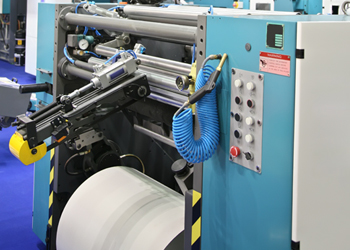
pulp paper manufacturing industry
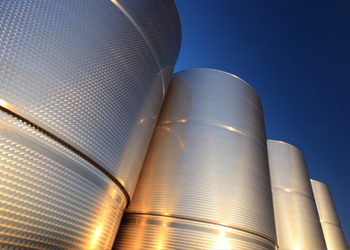
water tank
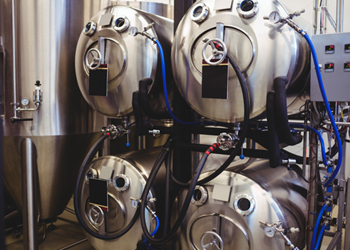
dye facility
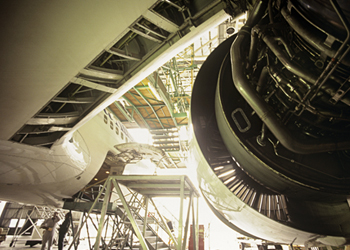
space aviation
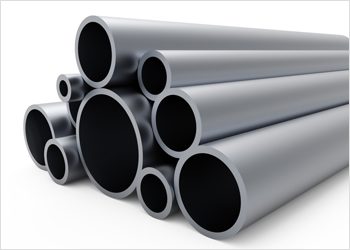
pipe


